Max Schmeling and the Making of a National Hero in Twentieth-Century Germany
by Jon Hughes
This book presents the first in-depth study of the German boxer Max Schmeling (1905-2005) as a national hero and representative figure in Germany between the 1920s and the present day. It explores the complex relationship between sport, culture, politics and national identity and draws on a century of journalism, film, visual art, life writing and fiction. Detailed chapters analyse Schmeling’s emergence as an icon in the Weimar Republic, his association with America, his celebrity status in the Third Reich, and his rivalry with Joe Louis as a focus for an extraordinary propaganda and ideological contest. The book also examines how Schmeling’s post-war success in business associated him with the culture of the ‘zero hour’ nation in the era of ‘economic miracle’, and how he was later claimed as ‘good German’ and moral example for a post-war generation of Germans determined to ‘come to terms’ with the past. This book will appeal to readers with an interest in the history and representation of sport and boxing, in sports discourse and political culture, and in questions of national identity in modern German history.
For purchasing details see – https://www.palgrave.com/gb/book/9783319511351#aboutBook
To hear Jon discuss his research click on link below –
Sport in History Podcast #8 – Dr Jon Hughes
Reviews
“Hughes is clear that his intentions are not biographical his chronological treatment of Schmeling’s life makes for an engagingly readable book. The writing is clear and straightforward, readily accessible to advanced undergraduate or nonspecialists, while the generous quotation of primary sources in the original German alongside the author’s translation would also make this useful in a graduate seminar or for readers with a more advanced interest in German studies.” (Zachary T. Androus, Journal of Sport History, Vol. 45 (03), 2018)
The book was described in the Journal of Sport History as a ‘probing, balanced treatment of how the world’s nascent mass media presented one of its original international celebrity athletes’. Current projects include a re-assessment of the work of the Austrian-Jewish sports journalist Willy Meisl, and a study of the representation of leisure in German film of the 1920s and 1930s.

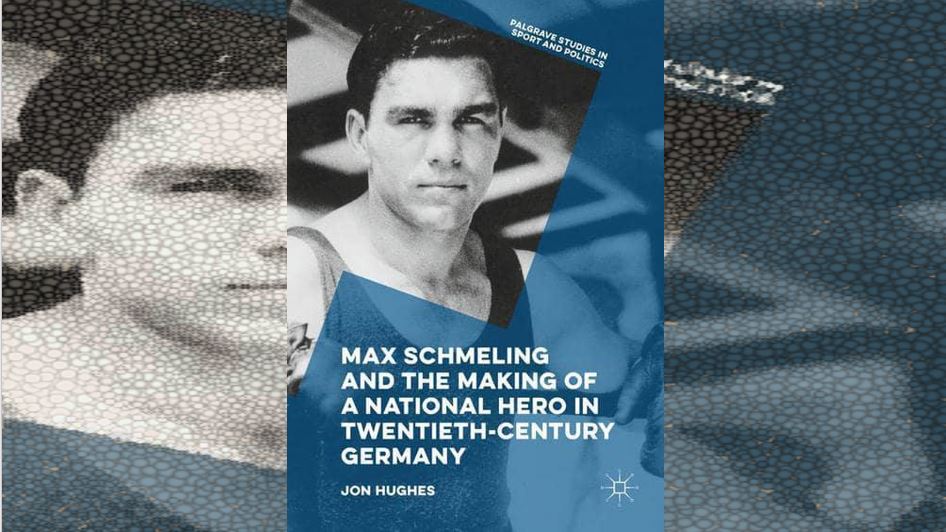
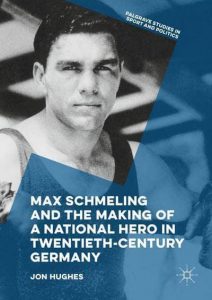
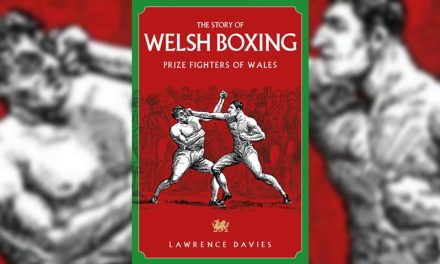
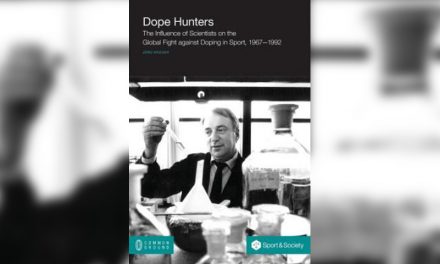
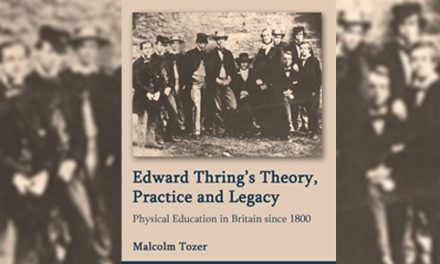
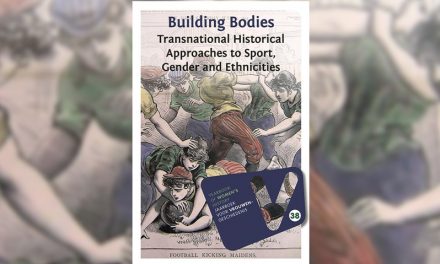
Being presently dealing with Schmeling’s figure, I recommend Jon’s book as most valuable reading.